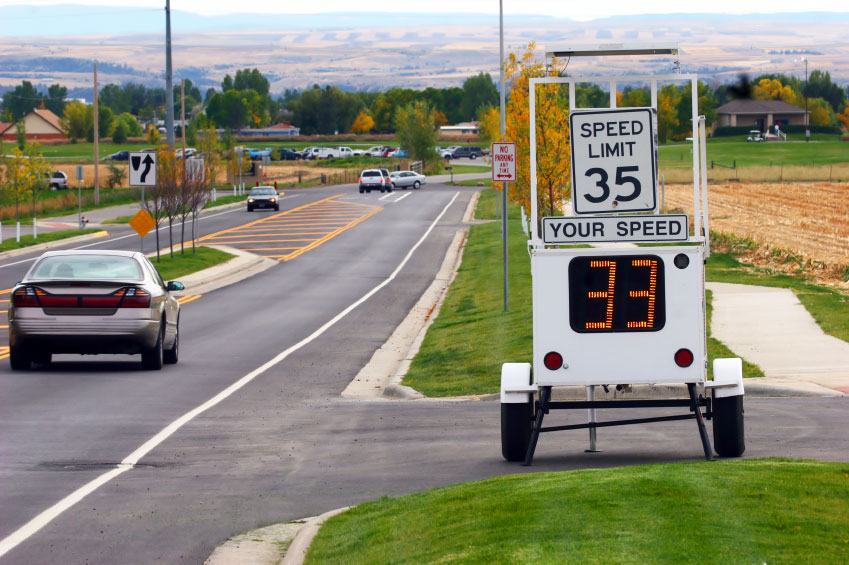
Robohub.org
Should autonomous cars be allowed to speed? Results from our reader poll

Our previous poll, which asked (among other questions) whether kids should be allowed to ride in autonomous vehicles by themselves, revealed that responsibility is a key issue for most people. Are we concerned about who would be responsible when things go wrong? To prod at the issue of responsibility more deeply, in our most recent poll we asked how strictly an autonomous car should follow the speed limit, and if it gets a ticket for speeding, who should be held responsible.

How strictly should an autonomous car driving in a city follow the speed limit?
Though many people drive faster than the speed limit, most drivers know that limits are there for good reasons. But that doesn’t mean we should get a speeding ticket every time we go 1km/h above the limit. There’s a window of speeds that are typically tolerated by traffic enforcement officers, and that makes our driving experience much less stressful.
But when it comes to autonomous cars in city driving scenarios, it seems that people aren’t willing to them much wiggle room. In fact, 33% of the participants from our poll said that autonomous cars should never go above the speed limit, and 21% of the participants said that it should be allowed to deviate from the limit only slightly (up to 5km/h or 3mph). Only 11% of the participants said that the car should be able to deviate quite a bit (up to 20km/h or 12mph) during city driving.
Interestingly, 18% said that autonomous cars should not be subject to the same speed limits as human-driven cars. Does that mean the cars should have a higher speed limit, or lower? It’s impossible for us to find this out based on the poll results. But we could imagine autonomous cars having on-board speed limit algorithms that automatically determine safe driving speeds for different road conditions, environment, its calculated momentum (thanks Robohub for this idea) etc., regardless of the actual speed limit for the road. Maybe that would lead to more safe and efficient driving in general.

If a speeding ticket was issued, who should be responsible?
Let’s say that an autonomous car is designed to be able to go above the speed limit. While autonomously driving with an adult passenger on a highway, it exceeds the speed limit. The passenger is not the owner of the car. If a speeding ticket was issued, who should be responsible for the violation of the traffic law?
It seems that, when it comes to the responsibility question, people are quite torn about it. While 33% said that the manufacturer should be responsible, 24% said that the passenger should be responsible and 14% said that the owner should be. Not surprisingly, only 5% said that the autonomous car should be responsible.
More interestingly 24% of the participants chose ‘other’ and provided a conditional answer to this question, perhaps hinting at the complexity of figuring out responsibilities when it comes to things that autonomous machines do. Most people who gave us a conditional answer said that whoever has allowed the car to speed (perhaps by modifying one of the car’s operating settings) should be responsible, whether it be the owner, passenger, or the manufacturer. Some have also said that autonomous cars should not be issued traffic tickets, period.
For now, it looks like most people are willing to blame the manufacturer if anything goes wrong, even if it’s just violating speed limits.
The result of the poll presented in this post have been analyzed and written by AJung Moon, Camilla Bassani, Fausto Ferreira, and Shalaleh Rismani, at the Open Roboethics initiative.
tags: Automotive, Autonomous Cars, c-Politics-Law-Society, cx-Research-Innovation, reader poll, reader poll: autonomous cars, Report, Robot Car, Social aspect





